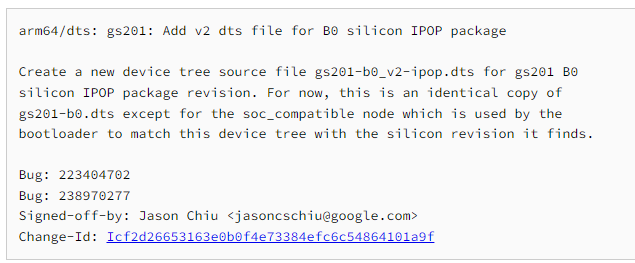![]()
The recently launched Google Pixel 7a, equipped with the Google Tensor G2 SoC, has drawn attention due to an interesting revelation shared by tipster kamila (@Za_Raczke) on Twitter. According to Kamila, Pixel 7a utilizes a different variant of the Tensor G2, which may not perform as well as the version found in the Pixel 7.
![]()
Creating an integrated circuit involves more than simply attaching the bare die. Kamila highlights the intricate packaging process necessary for optimal device performance. Google relies on Samsung’s expertise for both silicon die manufacturing and packaging, utilizing their FOPLP-PoP technology.
IPOP and FOPLP variants
Interestingly, Google seems to have developed a cost-effective version of the Tensor G2 with a potentially inferior packaging called “IPOP.” Samsung states that IPOP is thicker, larger, and generates more heat compared to FOPLP. The actual impact on real-world performance and potential thermal constraints remain uncertain due to differences in cooling characteristics between the Pixel 7a and Pixel 7.
The specific performance differences between the IPOP and FOPLP variants are only known to Google and Samsung, and it seems unlikely that they will share detailed insights on this matter.
Kamila’s revelations shed light on the Google Pixel 7a, which features a different variant of the Tensor G2 SoC. The utilization of the IPOP package may have cost implications, potentially affecting the device’s heat dissipation and overall performance.

While the exact impact remains unclear, it raises interesting questions about the interplay between cost, performance, and packaging complexity in the realm of smartphone technology.


